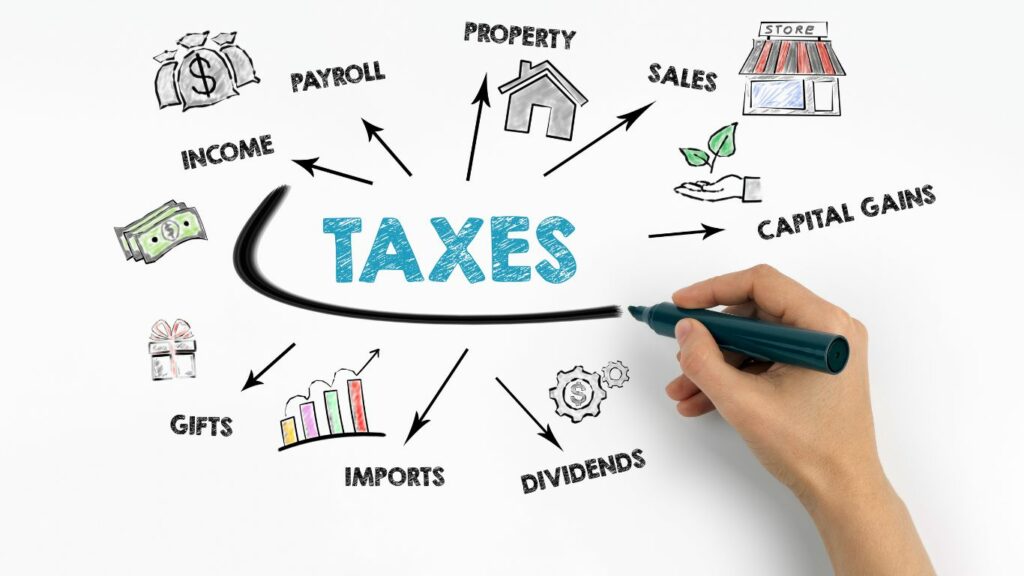High-income employees often find themselves facing substantial tax liabilities. However, with careful planning and strategic decision-making, they can significantly reduce their tax burdens. In this article, we will discuss the top tax planning strategies for high-income employees to help them optimize their financial situations and legally minimize their tax obligations.
Contribute to your Superannuation Fund:
One of the most effective ways to lower your taxable income is by contributing to your superannuation fund. Ensure you stay within the annual contribution cap to avoid paying a higher tax rate on excess contributions. Consult with a financial adviser to determine the optimal contribution amount for your situation.
Negatively Gear an Investment Property:
High-income earners can benefit from owning negatively geared investment properties. The tax deductions from expenses like interest on loans, council rates, and depreciation can offset rental income, reducing your taxable income and ultimately your tax liability.
Get Private Health Insurance:
Having private health insurance with hospital cover can help you avoid the Medicare Levy Surcharge if your income exceeds certain thresholds. The savings on the surcharge may outweigh the cost of the insurance, making it a viable tax-saving strategy.
Salary Sacrifice your Vehicle:
Consider salary sacrificing a vehicle, especially if it serves both business and personal purposes. Different options, such as novated leases or hire purchase, can help reduce your taxable income and, consequently, your tax liability.
Donate to Charity:
High-income earners can make tax-deductible donations to Australian Deductible Gift Recipients (DGRs) to reduce their taxable income. Keep in mind that the donation should be over $2, and you must obtain a tax invoice from the charity.
Income Protection Insurance:
Protecting your income with income protection insurance is crucial, especially if you’re the primary breadwinner or have significant financial responsibilities. Premiums paid personally can be claimed as a tax deduction.
Self-Education, Training, or Executive Coaching:
Investing in self-education, professional development, or training that directly relates to your job can be tax-deductible. This is an excellent way to improve your skills while lowering your taxable income.
Structure Investment Income Appropriately:
Carefully consider the ownership of your investments, such as bank accounts, shares, and investment properties. The person or entity that owns these assets will be liable for the associated tax. Strategically structuring ownership can help reduce your overall tax liability.
Change the way you get paid:
Some high-income individuals choose to start consulting businesses to diversify their income sources. This approach allows for income splitting and can lead to more tax-efficient outcomes. Ensure you comply with regulations and seek professional advice when considering this strategy.
High-income employees can implement various tax planning strategies to optimize their financial positions and reduce their tax liabilities. These strategies range from contributing to superannuation and negatively gearing investment properties to exploring opportunities for deductible expenses and changes in income structure. Always consult with financial advisers or tax professionals to ensure you’re making informed decisions that align with your financial goals and legal obligations. By taking a proactive approach to tax planning, high-income earners can maximize their wealth and minimize their tax burdens.
Implementing these tax planning strategies for high-income employees can lead to significant savings and financial security. To discuss these strategies further and get personalized advice for your specific situation, reach out to our expert team at 1300 952 286. Don’t miss out on opportunities to optimize your finances and reduce your tax liabilities. Take action today and secure your financial future with our guidance.
If you’d like a better understanding of how these strategies can work for you, feel free to reach out to our expert team at 1300 952 286

